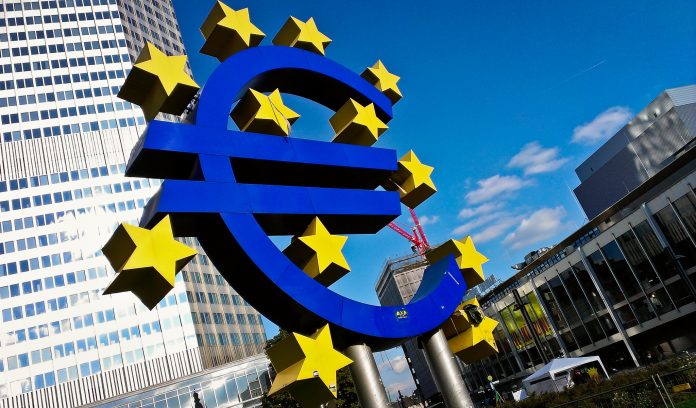An overhaul of European Union rules for the supervision of banks against money laundering is a source of division among the member states.
As reported by the Reuters news agency, EU confidential documents show countries had agreed a preliminary common stance on the reform proposed by the European Commission in September which would give more powers to the European Banking Authority (EBA) to counter financial crime.
One EU source, however, said states were still divided on this issue and it was unclear whether they could reach a deal by the next meeting of EU finance ministers scheduled on December 4.
A second source said there was no preliminary deal and talks will be held on the issue at a meeting of EU envoys next week.
According to Reuters, if the new rules are not adopted before EU elections in May, they risk being shelved. A deal among EU states must be followed by a compromise with the EU Parliament in a process that usually takes several weeks.
Under the Commission’s proposal, the EBA would be given new powers to force national supervisors to investigate cases of suspected breaches of rules to prevent money laundering.
In exceptional cases, when national supervisors do not act within set deadlines, the EBA could take measures against a bank.
The action plan, of which Reuters has seen a preliminary draft, mandates the European Central Bank and the Commission to review by mid-2019 recent money laundering cases at EU banks.
Some EU states that are more opposed to the reform are pushing for introducing legislative changes only after the review is completed, a third EU source said.

